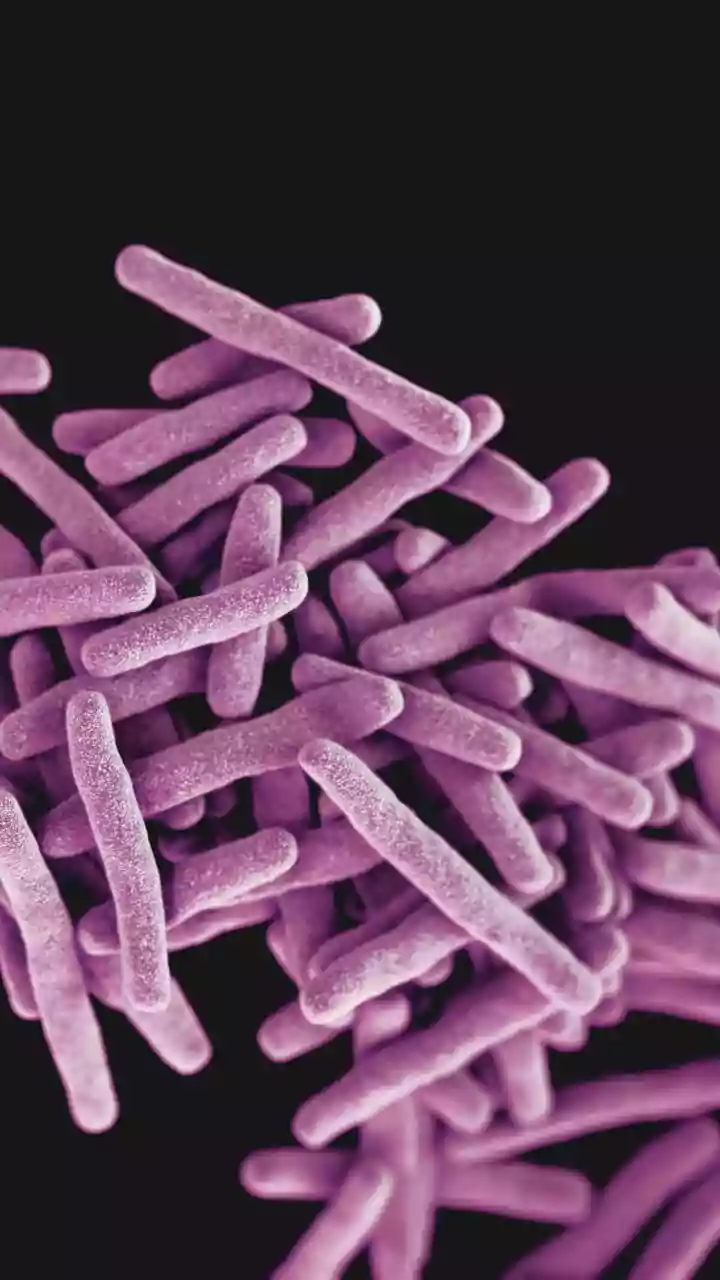Dietary Sodium Reduction
One of the primary ways to naturally lower blood pressure involves significantly reducing your sodium intake. Excess sodium causes your body to retain
water, increasing blood volume and subsequently, blood pressure. A cardiologist suggests reading food labels carefully, as processed foods are often high in sodium. Cooking at home allows greater control over ingredients, enabling you to use less salt. Replace salt with herbs and spices for flavor. Gradually reducing your intake can help your taste buds adjust, making it easier to maintain a lower-sodium diet long-term, thereby aiding in blood pressure management. Consider the DASH (Dietary Approaches to Stop Hypertension) diet, emphasizing fruits, vegetables, and low-fat dairy.
Embrace Potassium-Rich Foods
Increasing potassium intake is another essential step, as it counteracts the effects of sodium. Potassium helps relax blood vessel walls, which in turn reduces blood pressure. The cardiologist recommends incorporating potassium-rich foods into your diet. Examples include bananas, sweet potatoes, spinach, and beans. These foods not only boost potassium levels but also offer various other health benefits, such as fiber and essential nutrients. Make sure to consult your doctor before making significant dietary changes, especially if you have existing kidney issues. By including a variety of potassium-rich foods, individuals can naturally support their cardiovascular health and help lower blood pressure levels over time.
Regular Physical Activity
Engaging in regular physical activity is a cornerstone of blood pressure management. The cardiologist recommends at least 150 minutes of moderate-intensity exercise, such as brisk walking or cycling, per week. Regular exercise strengthens the cardiovascular system, making the heart more efficient and reducing pressure on the arteries. It also aids in weight management, which is another factor affecting blood pressure. Include a mix of aerobic and resistance exercises for optimal results. Even short bursts of physical activity throughout the day can be beneficial. Consistency is key, so find activities you enjoy to help establish a sustainable routine. Consistent exercise positively impacts overall health and contributes to lower blood pressure levels.
Weight Management Strategies
Maintaining a healthy weight is directly linked to blood pressure control. Being overweight or obese puts extra strain on the heart, raising blood pressure. The cardiologist suggests that even modest weight loss can have a significant impact on blood pressure levels. A combination of diet and exercise is often the most effective approach. Focus on a balanced diet rich in fruits, vegetables, and lean protein, while limiting processed foods and sugary drinks. Set realistic weight loss goals and be patient with the process. Consider consulting a healthcare professional or registered dietitian for personalized guidance. Successful weight management alleviates pressure on the cardiovascular system and aids in lowering blood pressure naturally.
Manage Stress Effectively
Chronic stress elevates blood pressure, so effective stress management is crucial. The cardiologist recommends incorporating stress-reducing activities into your daily routine. Techniques such as deep breathing exercises, meditation, and yoga can help calm the nervous system and lower blood pressure. Practicing mindfulness and spending time in nature can also reduce stress levels. Identify your personal stressors and develop strategies to cope with them. This may involve setting boundaries, delegating tasks, or seeking support from friends, family, or a therapist. Consistent stress management not only aids in lowering blood pressure but also improves overall mental and emotional well-being, leading to a healthier lifestyle.
Limit Alcohol Consumption
Excessive alcohol consumption can significantly raise blood pressure. The cardiologist advises limiting alcohol intake to recommended levels, or even abstaining. For men, this means no more than two drinks per day, and for women, no more than one drink per day. Drinking more than these amounts can lead to increased blood pressure. If you consume alcohol regularly, monitor your intake closely and consider reducing it gradually. If you struggle to control your alcohol consumption, seek support from a healthcare professional. By limiting alcohol intake, individuals can help reduce strain on their cardiovascular system, contributing to better blood pressure control and overall health.
Quit Smoking Immediately
Smoking is a major risk factor for high blood pressure and cardiovascular disease. The cardiologist strongly recommends quitting smoking as the most important step for improving heart health. Smoking damages blood vessels and increases blood pressure. Nicotine raises blood pressure temporarily, while long-term smoking causes sustained elevation. There are numerous resources available to help smokers quit, including medications, counseling, and support groups. Quitting smoking can significantly improve your blood pressure levels and reduce the risk of heart disease. Seeking professional support is often the most effective approach. Quitting smoking is a vital step toward a healthier heart and overall well-being.
Monitor Blood Pressure Regularly
Regularly monitoring your blood pressure is essential for effective management. The cardiologist advises using a home blood pressure monitor or having your blood pressure checked regularly by a healthcare professional. Keeping a record of your readings allows you to track progress and identify any concerning trends. Knowing your numbers empowers you to make informed decisions about your health and lifestyle. This can allow you to identify changes that help with the management of the condition. Discuss your readings with your doctor, who can provide guidance and adjust your treatment plan if needed. Consistent monitoring is crucial for maintaining blood pressure within a healthy range and preventing complications.
Consider Supplements Wisely
Certain supplements may help lower blood pressure, but it's important to approach them with caution and consult a healthcare professional. The cardiologist suggests discussing any supplement use with your doctor. Some supplements, such as CoQ10, garlic, and omega-3 fatty acids, have shown some promise in reducing blood pressure. However, the effectiveness and safety of supplements can vary, and they may interact with medications. Always use supplements under medical supervision. Never rely on supplements alone to treat high blood pressure; they should be used in conjunction with lifestyle changes and, when necessary, prescribed medication. Prioritizing evidence-based practices and professional guidance is crucial for safe and effective blood pressure management.




















